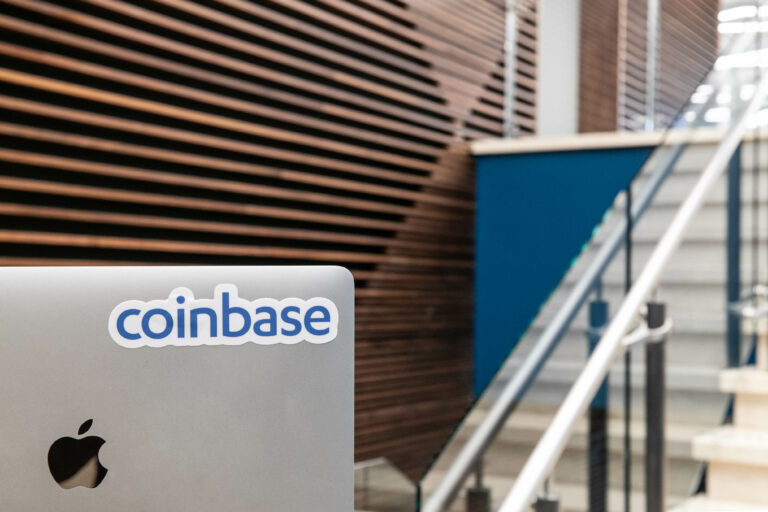Alan Leung, the Chief Information Security Officer at Coinbase Custody, recently provided an in-depth look at the company’s approach to safeguarding digital assets. Leung, who brings a solid background in cybersecurity from his previous roles at Blue Cross Blue Shield and Citibank, has been a key figure in steering Coinbase Custody’s security direction since 2018.
Leung’s recent commentary in a blog post titled “How we keep digital assets safe” sheds light on the critical timing for crypto custody, especially following the U.S. SEC’s approval of 11 spot Bitcoin ETFs on January 10. This regulatory milestone has prompted a deeper inquiry into digital asset protection mechanisms, a development that Leung and his team at Coinbase Custody welcome for the industry’s advancement.
According to Leung, the decision by eight out of eleven ETF providers to choose Coinbase as their primary custodian is a significant endorsement of Coinbase Custody’s security framework. He attributes this choice to the exhaustive diligence process, which, as per Leung’s insights, not only tested Coinbase Custody’s solution against the market but also underscored its alignment with the company’s broader commitment to creating a secure, user-friendly, and trustworthy crypto economy.
Leung highlights the operational history of Coinbase Custody, noting its decade-plus experience in securing customer assets at scale without any risk events. This accomplishment, as Leung explains, stems from a rigorous standard of zero tolerance for errors and a philosophy that prioritizes security above all. Under Leung’s guidance, Coinbase Custody manages over $193 billion in digital assets, including a substantial portion in institutional assets, evidencing its capacity for large-scale asset protection.
The regulatory landscape and audit readiness of Coinbase Custody are areas where Leung’s expertise is particularly evident. He outlines how Coinbase Custody Trust Company, LLC, operates under the regulatory scrutiny of the New York Department of Financial Services (NYDFS) and adheres to fiduciary standards set by New York state law. Leung underscores the significance of SOC 1 Type II and SOC 2 Type II examinations in validating the internal controls and systems that protect client assets.
Leung also delves into the custodial fund segregation and insurance policies at Coinbase Custody, stressing the legal and operational measures that ensure client assets’ safety. He points out that Coinbase Custody’s legal structure and insurance coverage act as robust safeguards, protecting against insolvency and unauthorized access risks.
Operational efficiency in trading and settlement is another facet of Coinbase Custody’s service that benefits from Leung’s security-first approach. He discusses how the custody solution seamlessly integrates with institutional trading needs, facilitating efficient fund movements and minimizing the complexities and costs associated with asset management.
Featured Image via Coinbase









